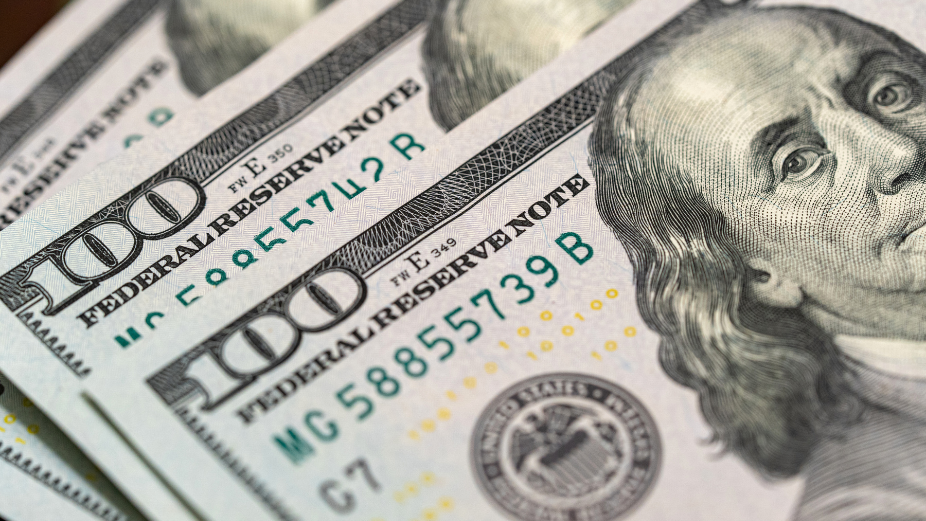
The Bank of Maldives (BML) has announced an increase in the monthly foreign transaction limit for students studying abroad. Effective from 1st November 2024, students will now be able to access up to USD 1,200 per month through their debit cards. This decision comes as a relief for many students facing financial difficulties overseas due to previous restrictions.
BML’s CEO, Mohamed Shareef, acknowledged the persistent challenges with US dollar availability in the country but emphasised the bank’s commitment to supporting students abroad. “While there continues to be challenges with USD availability, we also recognise the difficulties faced by students abroad. Today’s announcement reflects our commitment to prioritise and support their everyday financial needs while overseas,” said Shareef.
To access the increased limit, students will need to register through an online portal and submit relevant documentation, with further details expected to follow soon.
History of Dollar Limits in the Maldives
The Maldives has been grappling with US dollar shortages in recent years. Despite millions of dollars generated by the luxury tourism sector, the country has faced ongoing currency liquidity issues, leading to restrictions on foreign transactions. Earlier in 2024, BML introduced severe restrictions, limiting monthly foreign transactions on credit cards to as low as USD 100, which sparked public frustration.
These limitations stem from broader economic issues. Banks, including BML, have struggled to maintain a sufficient dollar flow to cover foreign transactions, as their monthly dollar intake has not kept up with the demand for overseas spending.
These financial pressures led to a reduction in transaction limits earlier in 2024, but they have since been partially reversed, reflecting attempts by the Maldives Monetary Authority (MMA) and other regulators to stabilise the foreign currency situation. The recent increase in the student transaction limit is seen as part of these broader efforts to balance the country’s financial obligations while alleviating some of the burden on Maldivians studying abroad.
As the Maldives continues to tackle its foreign currency challenges, further reforms in the management of tourism revenue and stricter enforcement of dollar deposits by resorts and other businesses may help ease these issues in the future. Recent steps by MMA, such as mandating that all foreign currency earnings from the tourism sector be deposited into local banks, are expected to improve dollar liquidity in the formal banking system and reduce reliance on the black market for currency exchanges.











